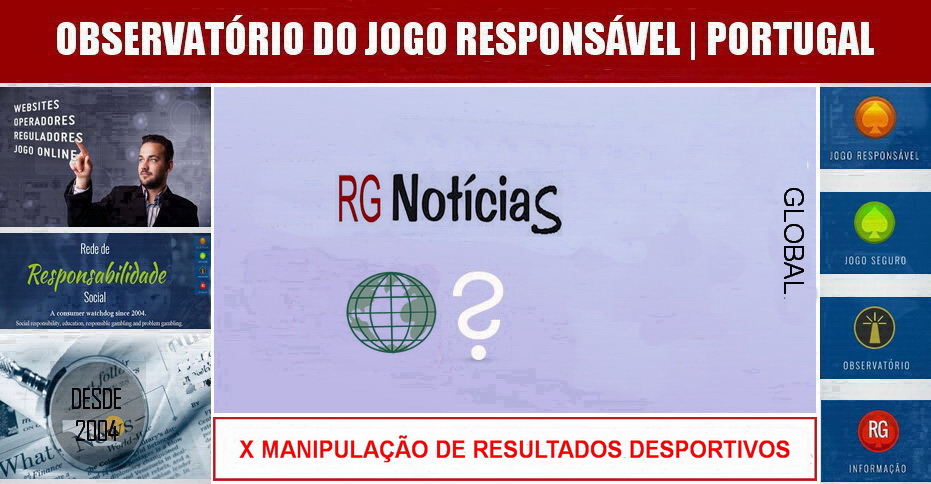There is growing evidence that sport is corrupted by match-fixing and illegal betting. These illegal activities jeopardize the integrity of the competitions, damage the social, educational and cultural values reflected by sports, and threaten the economic role of sports.
The phenomenon of match-fixing brings to the surface its links to other criminal activities such as corruption, organized crime and money-laundering. Recent cases reveal the magnitude of the problem and indicate the dire need to address it through appropriate investigative and law enforcement tools. In fact, a criminal justice response against matchfixing would demonstrate that sporting manipulation is not a “simple” breach of sporting rules, but also an offence against the public in a broader sense.
Legislation to establish criminal offences against match-fixing is therefore needed as a complement to independent sporting sanction systems, which include bans, relegations and penalties. The current lack of uniformity in criminalization measures and legislative approaches calls for more streamlined action to develop standard-setting model instruments and facilitate convergence in criminal justice responses.
The present study, a result of joint work of the International Olympic Committee (IOC) and the United Nations Office on Drugs and Crime (UNODC), is a first step in this direction. It compiles criminal law provisions on match-fixing and illegal betting from existing legislation of Member States around the world and identifies discrepancies and similarities in legislative approaches. As a result, it suggests a corpus of guiding principles and model provisions for the creation and/or updating of relevant offences in order to facilitate international cooperation in criminal matters. It also assesses the applicability of the United Nations Convention against Transnational Organized Crime and the United Nations Convention against Corruption in match-fixing and illegal betting cases.
Through their initiative jointly to release the present study, the IOC, as the guardian in charge of preserving the integrity of the Olympic Games, and the UNODC, as the global leader in the fight against crime and custodian of the implementation of the aforementioned United Nations conventions, are joining forces to address the poisonous impact of match-fixing and illegal betting on sports. We consider this initiative as an important first step towards assisting national Governments and other stakeholders involved in the sports environment in cutting the Gordian knot that ties, in an increasing number of cases, those criminal activities with sport events.
 Criminalization Approaches to Combat Match-Fixing and illegal/Irregular Betting: A Global Perspective
Criminalization Approaches to Combat Match-Fixing and illegal/Irregular Betting: A Global Perspective





























